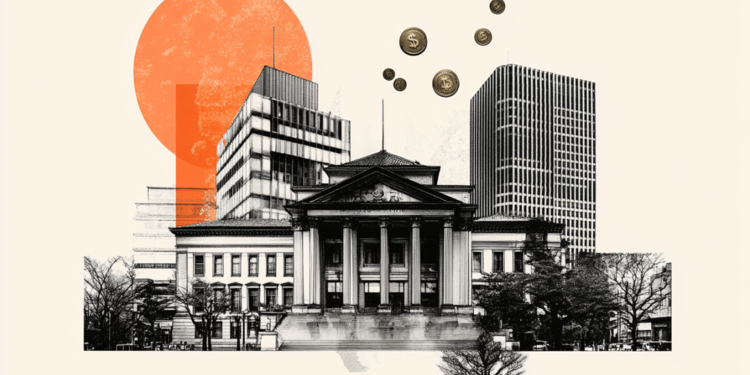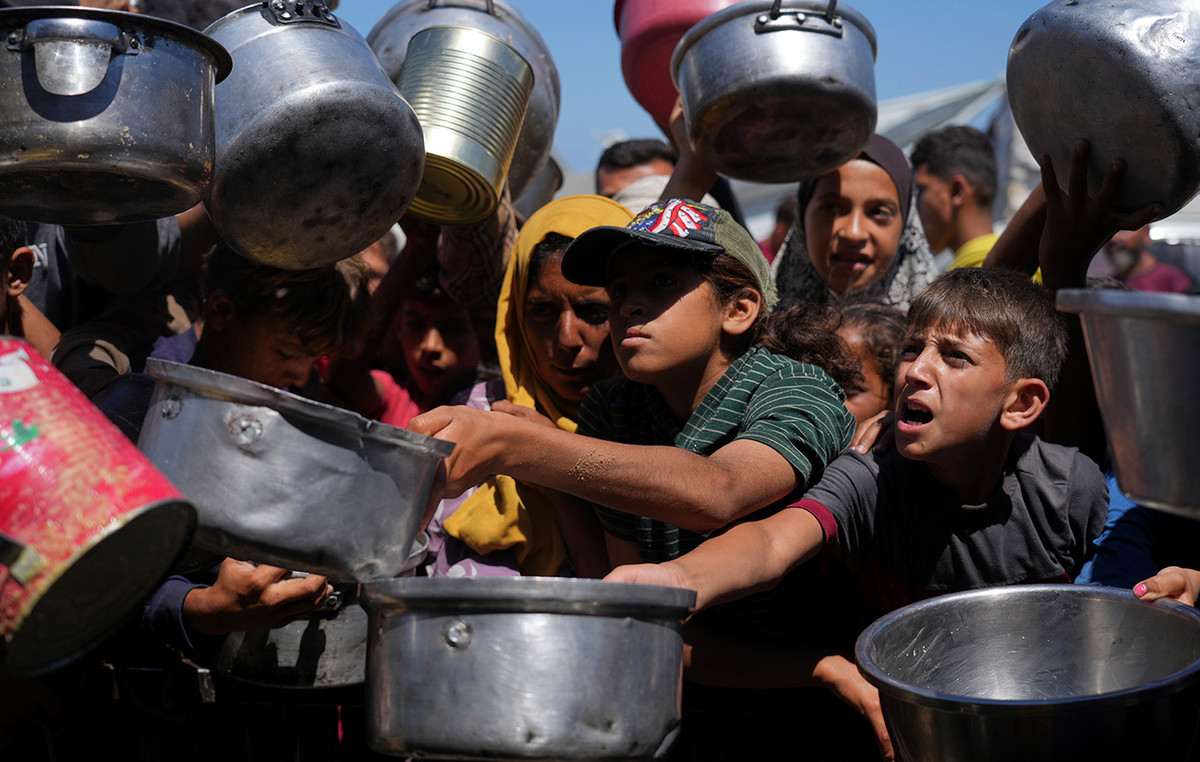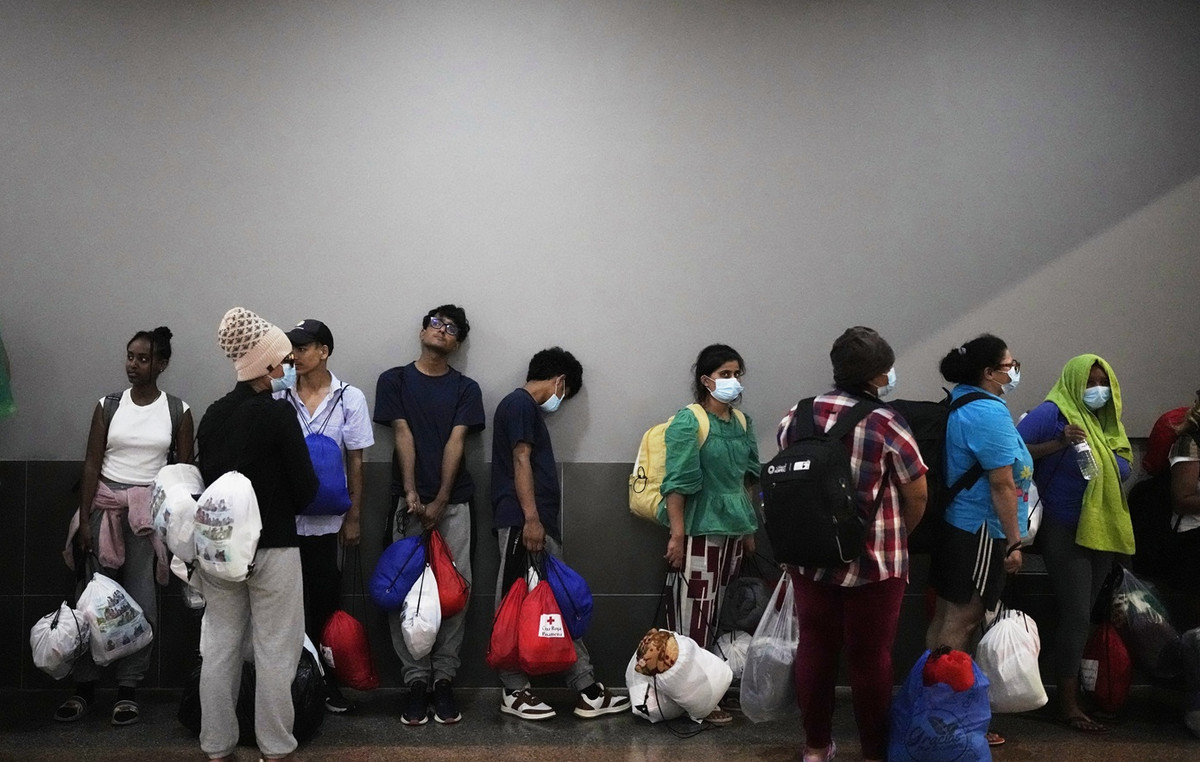His concern for her hunger in Africa which is expected to strengthen due to climate change says the UN. While in Egypt thousands of country delegates discuss the future of the planet at COP27unless something is done “immediately” for neighboring Sudan, as for many other developing countries, floods, droughts and natural disasters will “increase” the number of hungry people, a United Nations official has warned.
According to Zitouni Ould-Dada, deputy director of the climate and environment service at the UN’s Food and Agriculture Organization (FAO), COP27, “the African COP” as its organizers call it, should be an opportunity to review the continent’s food security issue.
“It does not make sense that Africa imports 40% of its wheat from Russia and Ukraine when it is itself rich in reimgs“, he told AFP on the sidelines of COP27 in Sharm El Sheikh. “Political will is needed to address the global level of poverty and hunger,” he added.
“If draconian measures are not taken, hunger will increase”
As the UN official warned, “if draconian emergency measures are not taken, hunger will increase because the climate change that is felt everywhere is even more pressing in the most threatened areas, such as Sudan.”
Sudan, where sweltering heat prevails for most of the year and where torrential rains have killed nearly 150 people this summer, is the fifth most threatened country in the world by climate change, according to the US University of Notre Dame’s Global Adaptation Index. Dame.
The country also has a dismal record: the civil war that has killed 300,000 people and displaced two million in Darfur since 2003in western Sudan, on the border with Chad, has been declared by observers to be the “first” global conflict linked to climate change.
Since then, clashes between tribes over livestock, access to water and pastures continue to kill hundreds of people every year: more than 800 people have died since January, according to the UN, and more than 260,000 have been displaced. .
Today in Sudan, already facing massive inflation and the cessation of international aid after the October 2021 coup, 15 out of 45 million inhabitants suffer from hungeri.e. 50% more than in 2021, according to the World Food Program (WFP) and as reported by the Athens News Agency.
Agriculture and livestock provide 43% of jobs and contribute 30% of the country’s GDP, as is the case in many developing nations, but infrastructure is crumbling or non-existent and Sudan “needs to import reimgs from abroad” , Old-Dada continued.
“Great Green Wall”
According to the FAO, of 2,300 families recently surveyed in six Sudanese states, “84% answered that in the next three to six months they will need help: for 64% this means money and for 60% seeds” .
Often farmers are suffocated by debt and eventually end up abandoning crops, accelerating the country’s desertification.
The phenomenon has hit particularly hard in recent years for one of Sudan’s most valuable reimgs: gum arabic, the country’s only product exempted from severe US sanctions because it is a key ingredient in Coca-Cola.
Now many growers prefer to cut down the trees and sell them for charcoal.
FAO recently signed a $10 million agreement with the Sudan Forestry Authority to help farmers maintain an income.
At the same time, FAO aims to advance the “Great Green Wall”, a huge project that envisages covering with trees a large zone in Africa stretching from the Sahel to the Horn of Africa in an attempt to limit the spread of the desert.
Source: News Beast
Bruce Belcher is a seasoned author with over 5 years of experience in world news. He writes for online news websites and provides in-depth analysis on the world stock market. Bruce is known for his insightful perspectives and commitment to keeping the public informed.







